
Alhomna Systems promotes solar energy
Energy & environment, In the News, Start-up-enThomas Delapierre lived in Australia for many years and witnessed the environmental devastation facing the country: forest fires, floods, and other natural disasters that are enough to cause eco-anxiety. This personal experience led him to set up a project "that would ensure a minimum standard of living for everyone," the start-up Alhomna Systems. Founded in 2023, it seeks to transform wet waste into valuable resources using solar energy technology: SolarDry.
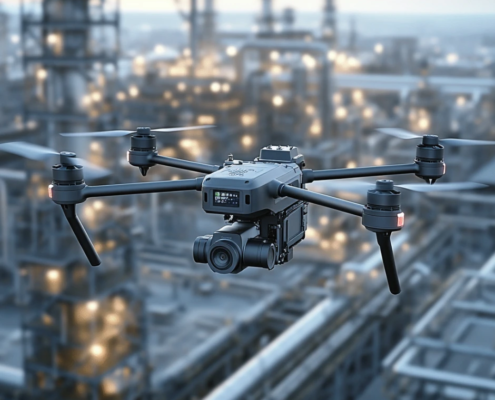
Greenhouse gases: Mirega sets its sights on
Energy & environment, In the News, Start-up-enInvisible leaks, massive emissions: measuring greenhouse gases in the field remains a challenge. Mirega, a young start-up backed by high-level optical expertise, is developing a miniature infrared sensor designed to go where other instruments cannot. This technology is designed to meet growing demands in terms of detection, mobility, and climate.

No more, no less: energy-efficient networks for 5G
Digital, Energy & environment, In the NewsFaced with the expansion of 5G and the challenges of 6G, energy restraint and exposure to electromagnetic fields are becoming major issues for the networks of tomorrow. Between optimizing infrastructures, mobile sensors and prediction models, scientists are striving to reconcile performance, lower consumption and quality of service. Just Enough Network, a project co-led by Télécom Paris, is therefore trying to build networks that are ‘just enough’ to meet our needs, without surplus or wastage.

From Fossil to Flexible: Joulzen Gives Old Oil Tanks a Future
Energy & environment, In the News, Start-up-enThe countdown has started: by 2035, oil heating systems will be banned across many European countries. But what happens to the tanks left behind? In Austria, a team of young engineers saw this constraint as a resource. Their start-up incubated in TU Wien, Joulzen, wants to turn these dormant giants into heat storage systems—and maybe even into players in the European energy grid.

Let’s take a walkthrough the wood, the material of the future
Energy & environment, In the News, MaterialsWood shows surprising and widespread promise, far beyond the field of construction. Five researchers from IMT Mines Alès have been focusing their work on this multifaceted material, and the questions raised when considering its use, both in terms of performance and durability.
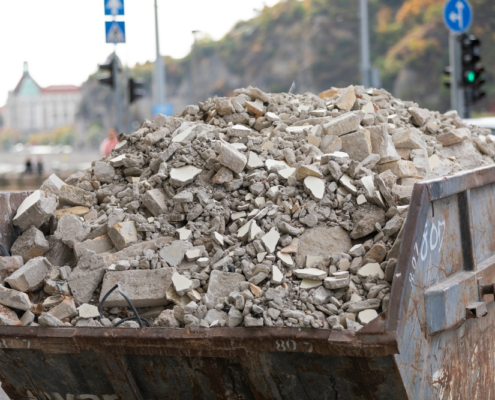
The Cirval chair: working towards a construction industry that uses materials and energy more efficently
Energy & environment, In the News, IndustryMillions of tonnes of waste are produced every year by the construction industry in France. The Cirval industrial chair is therefore devoted to reducing the impact of the sector. The Fondation Mines-Télécom, IMT Nord Europe and a dozen SMEs work together as part of Cirval, developing concrete solutions to recycle, reuse and save resources. At the same time, Cirval works with institutions to adapt standards and facilitate the circular economy in the construction industry.
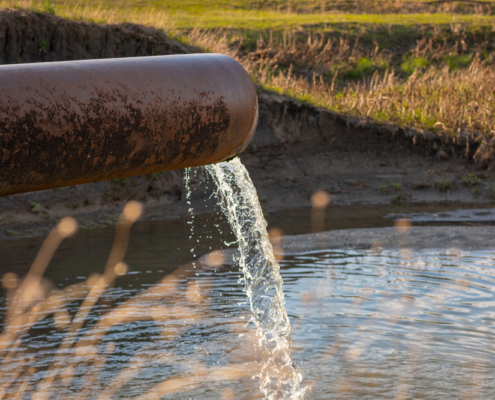
Fifty shades of clean water
Energy & environment, In the NewsGrowing awareness of the impacts of pollutant discharge on aquatic ecosystems has highlighted the urgent need for a more rigorous wastewater treatment system. At IMT Mines Alès, two researchers are developing characterization methods for thousands of existing micropollutants. This daunting task is the first step in developing environmental remediation systems.

Torrential rain: polluting a long, calm river
Energy & environment, In the NewsIntense rainfall events linked to climate change generate dynamic runoff which, through erosion, removes materials from the soil, including contaminants. At IMT Nord Europe, research teams are carrying out complementary measurement and modeling work to understand how this displaced matter enters the water cycle, and how to better manage territories.
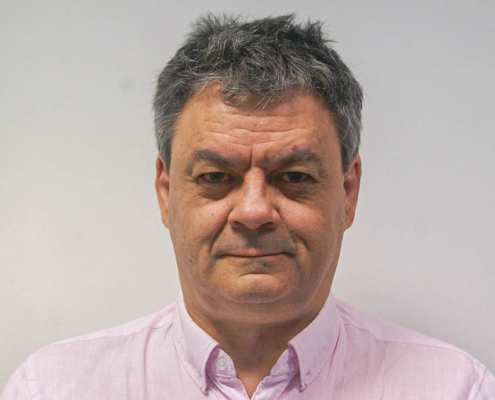
Éric Guibal: an insatiable appetite for research
Energy & environment, In the NewsÉric Guibal, a chemical engineering researcher at IMT Mines Alès, works on the use of biomass and biopolymers for metal recovery. He has received national and international recognition for his scientific contributions, which include numerous publications. He also dedicated part of his career to developing an international scientific collaboration network in Latin America and Egypt.
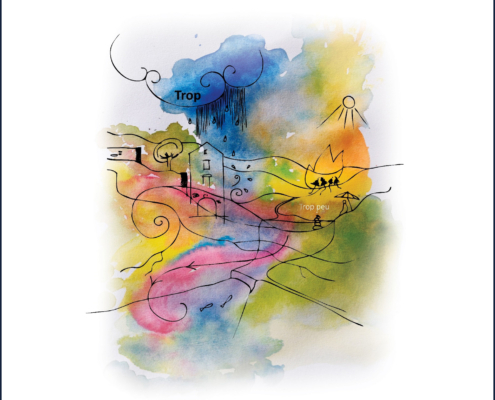
Dwelling with water in the Cévennes: the confluence of research and sketching
Energy & environment, In the News, SocietyFabienne Errero is a doctoral student at IMT Mines Alès, whose research focuses on the interactions between the environment and society in the Gardons river basin in Cévennes. For this trained architect, it was an opportunity to redefine the contours of her profession by factoring in the link between architecture and water. As part of her thesis, Fabienne Errero produced a series of “thought drawings”, enabling her to put forward ideas and build on her thinking. The text and illustrations in this article are taken from this work, created by the researcher.

